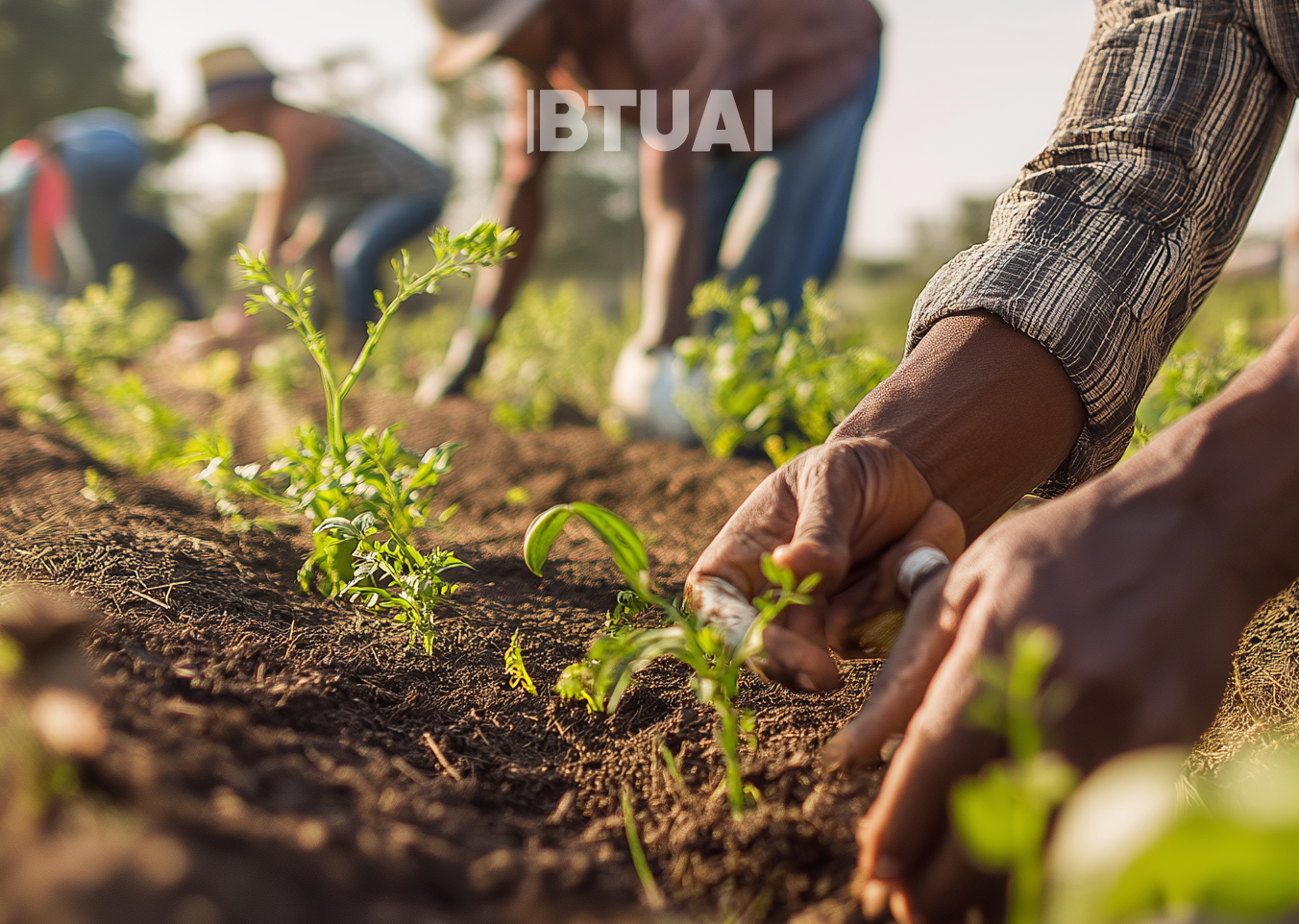Why Isn’t Organic Farming Growing in Georgia? — Real Barriers and Development Prospects
Organic farming in Georgia remains a small-scale activity despite the country’s favorable climate and biodiversity, which make it well-suited

Organic farming in Georgia remains a small-scale activity despite the country’s favorable climate and biodiversity, which make it well-suited for sustainable agricultural production. While organic products are becoming a fast-growing and high-value market segment globally, their presence in Georgia’s agriculture remains minimal.
One of the core challenges lies in the complexity of certification. To officially label a product as “organic,” farmers must meet a series of strict standards — including chemical-free cultivation, detailed documentation of crop origin, soil and water testing, and full production transparency. For small and medium-sized farmers, these requirements are often too difficult to navigate, financially burdensome, and time-consuming. The process is further complicated by the limited availability of local certification bodies.
Many farmers lack detailed knowledge of what organic certification entails. Others feel discouraged due to the lack of strong demand in the domestic market — the prices and customer interest for BIO-labeled products often fail to justify the extra costs. Some even fear the loss of flexibility in production or increased bureaucratic oversight following certification.
According to the Ministry of Environmental Protection and Agriculture of Georgia, 33,688 farmers received consultations on various agricultural issues in 2023, including organic farming. Additionally, 750 people participated in agricultural vocational training programs — a 31% increase compared to 2022 (source: Ministry of Environmental Protection and Agriculture, 2024 report mepa.gov.ge). Still, these efforts have yet to translate into a meaningful increase in certified organic farmland.
Consumer awareness also remains limited. Many do not understand what the BIO label means, and others expect to see a visible difference between organic and conventional products. This creates a disconnect between supply and demand in the local market.
Globally, however, the organic market is growing rapidly. In 2022, the EU’s organic market reached nearly €55 billion, indicating potential export opportunities for Georgia. But turning that potential into reality is hindered by practical challenges in accessing certification systems, as well as infrastructure and logistics gaps.
Despite strategic policies and educational initiatives, organic farming in Georgia has yet to become a viable economic model. Its future will depend on making certification more accessible and understandable, increasing market awareness, and shifting perceptions — from viewing organic production as a costly burden to recognizing it as a long-term investment in sustainable agriculture.




